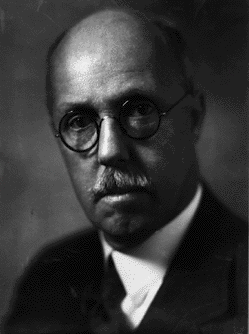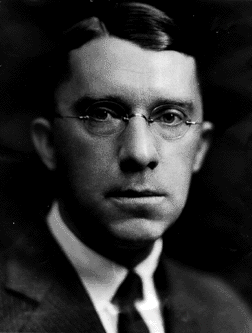Commissioner of Food and Drugs
== Commissioner of Food and Drugs ==
The Commissioner of Food and Drugs is the head of the Food and Drug Administration (FDA), an agency of the United States Department of Health and Human Services. The Commissioner is responsible for overseeing the regulation of food, drugs, medical devices, cosmetics, and tobacco products in the United States. The position is appointed by the President of the United States and confirmed by the United States Senate.
History
The position of Commissioner of Food and Drugs was established in 1906 with the passage of the Pure Food and Drug Act. The first Commissioner was Harvey Washington Wiley, who served from 1907 to 1912. Over the years, the role of the Commissioner has expanded significantly, particularly with the enactment of the Federal Food, Drug, and Cosmetic Act in 1938 and subsequent amendments.
Responsibilities
The Commissioner of Food and Drugs has a wide range of responsibilities, including:
- Ensuring the safety and efficacy of pharmaceuticals, biologics, and medical devices.
- Regulating the manufacturing, marketing, and distribution of tobacco products.
- Overseeing the safety of the nation's food supply.
- Monitoring the safety of cosmetics and dietary supplements.
- Implementing policies and regulations to protect public health.
Appointment Process
The Commissioner is nominated by the President and must be confirmed by the Senate. The appointment process involves a thorough vetting of the candidate's qualifications and background. Once confirmed, the Commissioner serves at the pleasure of the President.
Notable Commissioners
- Harvey Washington Wiley (1907-1912): The first Commissioner, known for his work on the Pure Food and Drug Act.
- Margaret Hamburg (2009-2015): Noted for her efforts to modernize the FDA and improve food safety.
- Scott Gottlieb (2017-2019): Known for his work on tobacco regulation and efforts to combat the opioid crisis.
Challenges and Controversies
The role of the Commissioner has often been subject to challenges and controversies, including:
- Balancing the interests of public health with those of the pharmaceutical and food industries.
- Addressing emerging public health threats, such as the opioid epidemic and vaping-related illnesses.
- Ensuring the timely approval of new drugs and medical devices while maintaining rigorous safety standards.
Related Pages
- Food and Drug Administration
- United States Department of Health and Human Services
- Pure Food and Drug Act
- Federal Food, Drug, and Cosmetic Act
- Harvey Washington Wiley
- Margaret Hamburg
- Scott Gottlieb
Transform your life with W8MD's budget GLP-1 injections from $125.
W8MD offers a medical weight loss program to lose weight in Philadelphia. Our physician-supervised medical weight loss provides:
- Most insurances accepted or discounted self-pay rates. We will obtain insurance prior authorizations if needed.
- Generic GLP1 weight loss injections from $125 for the starting dose.
- Also offer prescription weight loss medications including Phentermine, Qsymia, Diethylpropion, Contrave etc.
NYC weight loss doctor appointments
Start your NYC weight loss journey today at our NYC medical weight loss and Philadelphia medical weight loss clinics.
- Call 718-946-5500 to lose weight in NYC or for medical weight loss in Philadelphia 215-676-2334.
- Tags:NYC medical weight loss, Philadelphia lose weight Zepbound NYC, Budget GLP1 weight loss injections, Wegovy Philadelphia, Wegovy NYC, Philadelphia medical weight loss, Brookly weight loss and Wegovy NYC
|
WikiMD's Wellness Encyclopedia |
| Let Food Be Thy Medicine Medicine Thy Food - Hippocrates |
Medical Disclaimer: WikiMD is not a substitute for professional medical advice. The information on WikiMD is provided as an information resource only, may be incorrect, outdated or misleading, and is not to be used or relied on for any diagnostic or treatment purposes. Please consult your health care provider before making any healthcare decisions or for guidance about a specific medical condition. WikiMD expressly disclaims responsibility, and shall have no liability, for any damages, loss, injury, or liability whatsoever suffered as a result of your reliance on the information contained in this site. By visiting this site you agree to the foregoing terms and conditions, which may from time to time be changed or supplemented by WikiMD. If you do not agree to the foregoing terms and conditions, you should not enter or use this site. See full disclaimer.
Credits:Most images are courtesy of Wikimedia commons, and templates, categories Wikipedia, licensed under CC BY SA or similar.
Contributors: Prab R. Tumpati, MD







